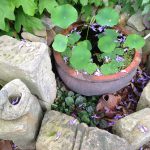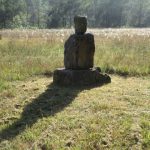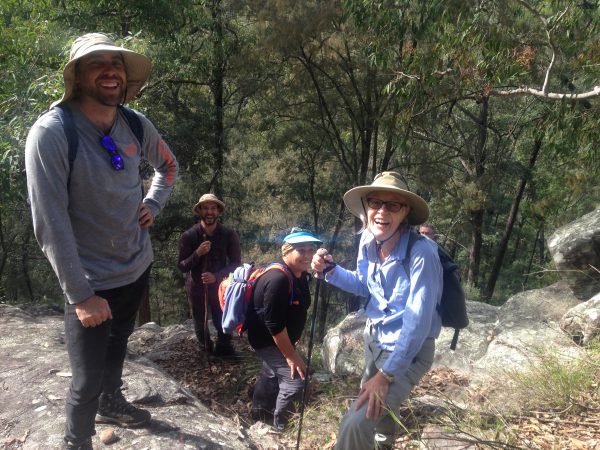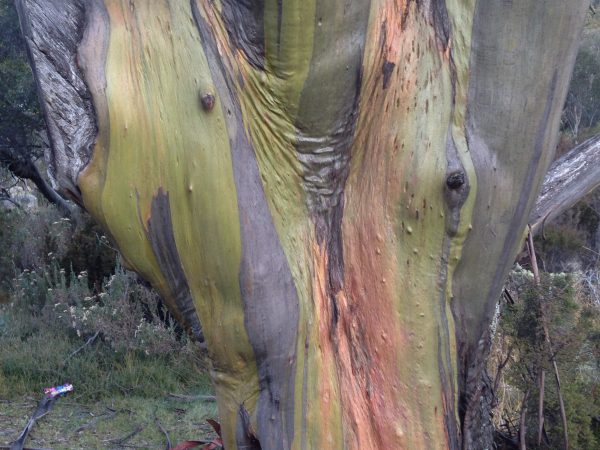Courage – Maggie Gluek, roshi
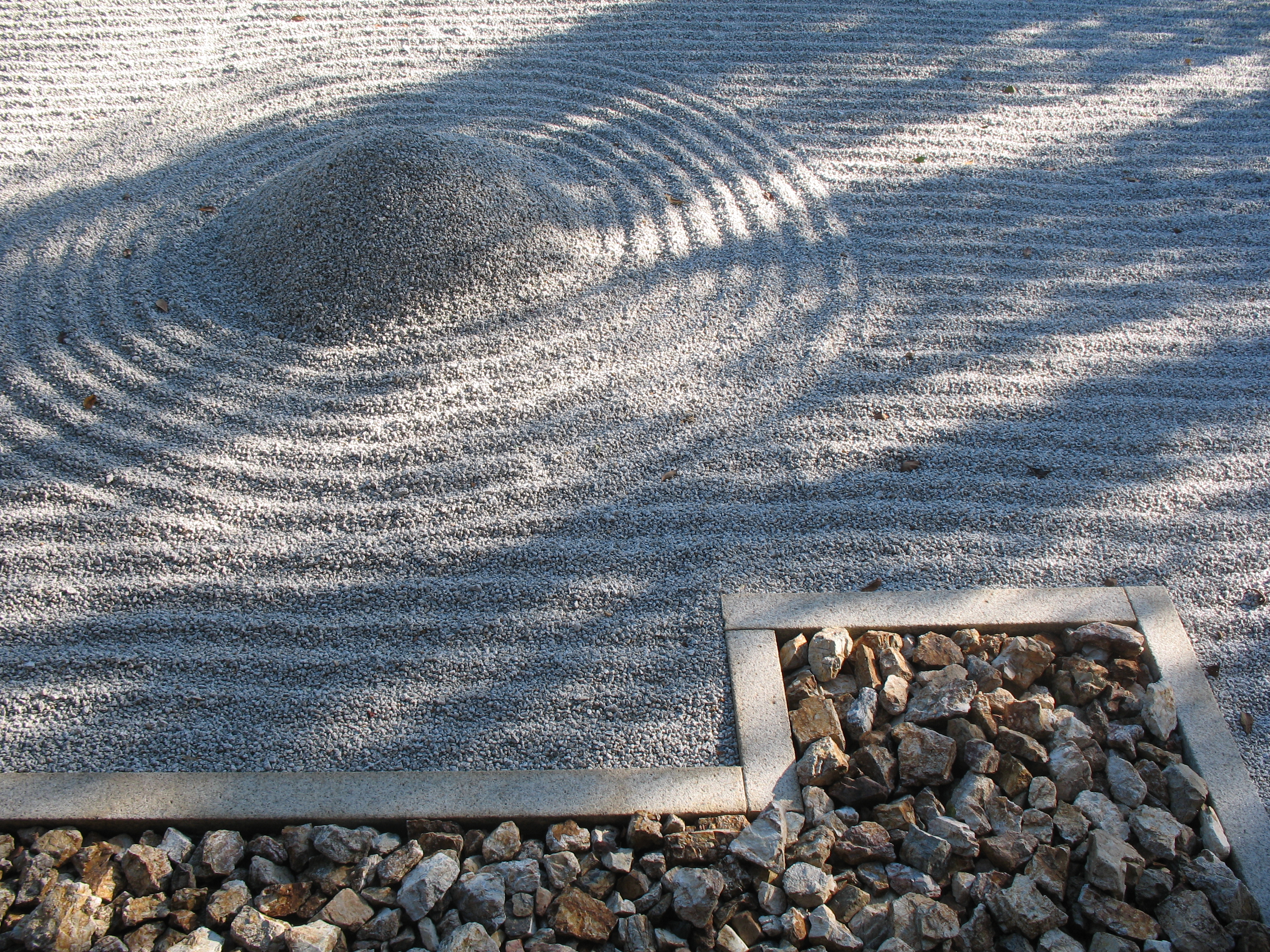
The task of offering “encouraging words” got me thinking about discouragement. “Courage” is at the root of both terms, deriving in the first instance from Middle English corage which means “heart as the seat of feeling.” The Zen path, like any path, presents obstacles and the possibility then of losing heart, maybe abandoning the project. How to proceed when you are discouraged? Faith is fundamental. Faith in the tradition, in the Buddha’s experience, in the experience of of those who have gone before you, faith in yourself. Can the practice be other than your very life? And constancy, I want to say, is fundamental. It’s tempting to think that whatever your practice on the cushion is, there’s a better one that you could be pursuing, something else that might offer better results or experiences. Who am I to judge? But be careful of wanting to chop and change–this is often just fantasy, not to say desire on the part of the ego. Aitken Roshi instanced concern with one’s condition, with states of mind and body that seem difficult, as being a particularly sticky hindrance in zazen. He advised against getting caught up in content. Instead, you can regard personal conditions as being like the weather…sometimes sunny, sometimes overcast, sometimes cool, sometimes wet. In any case, like the weather, they change. The thing is just to keep going, keep going! Be right where you are. That’s it. Not denying anything. And returning faithfully to your single-minded focus, letting everything else fall away. Being willing to forget it all, to not know. It is that simple.
“Not knowing with each step” comes forth in Janet Selby’s illuminating talk on her Shikoku pilgrimage (accessible as a podcast) To take up the way of Zen is to be a pilgrim wherever you are—faithfully going nowhere to realise the self and all beings. A favourite quote: Someone said to Soen Roshi, “I am so discouraged. What should I do?” “Encourage others!” was that teacher’s wise reply. At the heart of our Zen path—at the heart of real courage—is forgetting the self. I’ve recently had an upper respiratory “situation” wherein a virus circled around from nasal congestion to cough to post-nasal drip to headache, back to cough and so on. It strikes me as an analogy for self-created suffering, a closed system that loops around and around toxically, repeating and reinforcing the same deluded thoughts. Step outside that closed system and the world greets you. How to do so? Become one with Mu, with this breath, one with circumstances—the pilgrim’s one step.
But again, it is a matter of persistence. Reminding yourself to be true. The words of John Bunyan’s hymn, sung back-in-the-day at Zen sharings, comes to mind:
Who would true valour see, let him come hither;
One who would constant be, come wind, come weather.
There’s no discouragement shall make him once relent
His first avowed intent to be a pilgrim.
The 17th-century Japanese poet and pilgrim Bashō often travelled in rather poor health. His journal speaks of weariness and trembling legs. But, faithful to the Way, he kept going.
Exhausted
seeking an inn:
wisteria flowers.
“At the very point of despair,” writes Aitken Roshi in his Zen Wave, “Bashō encounters the rich, lavender wisteria flowers.” And the Roshi quotes Dogen: “Without the bitterest cold that penetrates to the very bone, how can plum blossoms spill forth their fragrance all over the world?”
Persist and practise, dear Zen pilgrims. Take heart! Liberation is always at hand.

